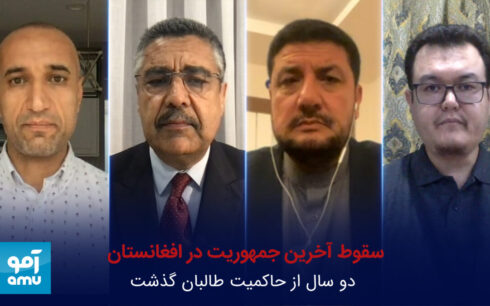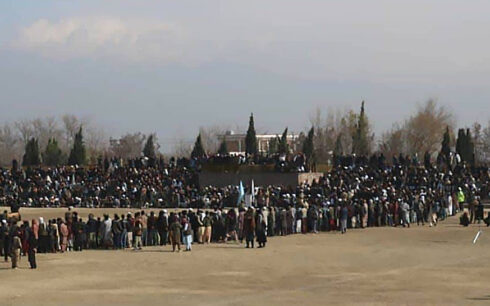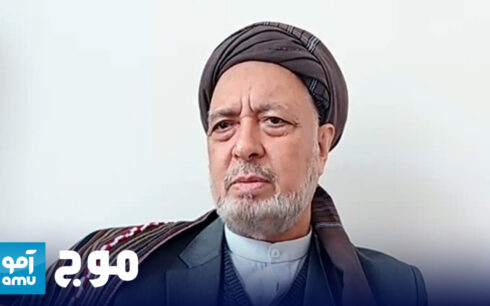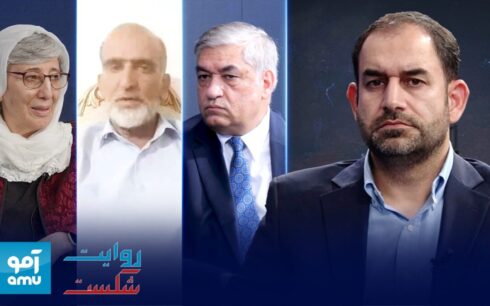The political landscape of Afghanistan under Taliban rule remains complex and marked by uncertainty as no country has recognized the Taliban’s caretaker government since the collapse of the former Afghan government after former president Ashraf Ghani fled Kabul on 15th August 2021.
The political isolation of Afghanistan, heavy sanctions, the collapse of the economy, violation of human rights, exclusion of women from society, a humanitarian crisis and hundreds of thousands of displaced citizens are the disturbing consequences of the Taliban takeover of Kabul.
The events of the past two years have reshaped Afghanistan’s political dynamics and its interactions with the global community, leaving critical questions unanswered about the legitimacy and recognition of the Taliban government.
The Taliban’s leader, Mullah Hibatullah Akhundzada, in July 2022 expressed a firm stance against negotiations with the international community, asserting that the Taliban won’t compromise on its rule of Sharia.
“We neither will interact with them (international community) nor will we [compromise on] Sharia with them. You have used the mother bomb, even if you use the atomic bomb [we will not compromise],” Akhundzada said.
So far, no country has officially recognized the Taliban. Unlike their previous rule in the late 1990s, when three countries, Pakistan, Saudi Arabia, and the United Arab Emirates, recognized the Taliban government.
But today, despite their two-year hold on power, the Taliban has not secured recognition from any nation, including former allies such as Pakistan, Saudi Arabia and the UAE.
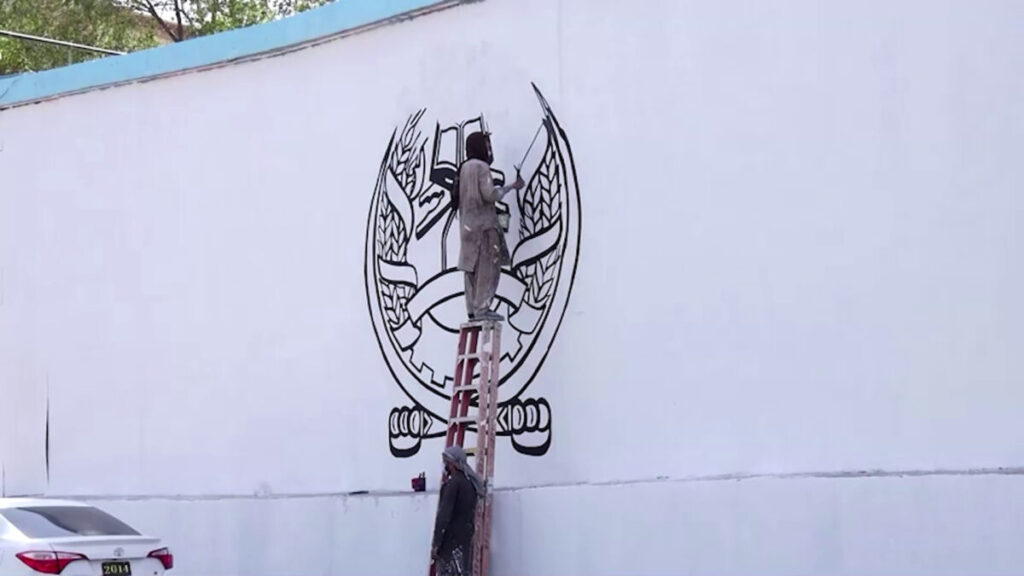
However, the Taliban now seeks at least the world’s engagement; therefore, meetings between the delegations of the Taliban and foreign countries have increased in recent weeks.
Countries like China, Russia, Iran, Pakistan, Turkey, and several Middle Eastern nations have engaged with the Taliban on its policies and sought practical dialogue.
In fact, many countries including the US, the UK, Russia, China, Qatar, Pakistan, Iran, Turkey, and Central Asian Countries support a political engagement approach with the Taliban.
“The talks that I have with the Taliban show that they want to do practical cooperation. We made it clear that violence cannot be a suitable solution to create a political solution for Afghanistan,” the UK’s Chargé d’Affaires for Afghanistan Robert Dickson told Amu TV.
However, the question arises as to why the Taliban is not being recognized.

The international community’s approach has been cautious, emphasizing conditions such as human rights, women’s rights, counterterrorism efforts, the fight against the cultivation of puppies and drug trafficking, and forming an inclusive government as prerequisites for recognition.
The Taliban has yet to meet these conditions.
The Taliban’s efforts to gain legitimacy have been met with skepticism due to their record on human rights, women’s rights, and inclusive governance. The international community’s demands for tangible changes in these areas have not been met, leaving the issue of recognition unresolved.
“The world is compelled to engage with the Islamic Emirate (Taliban) and enter into a political agreement. They have no choice. To whom they are talking and where they are talking?” said Mawlawi Abdul Kabir, the Taliban’s deputy chief minister.


